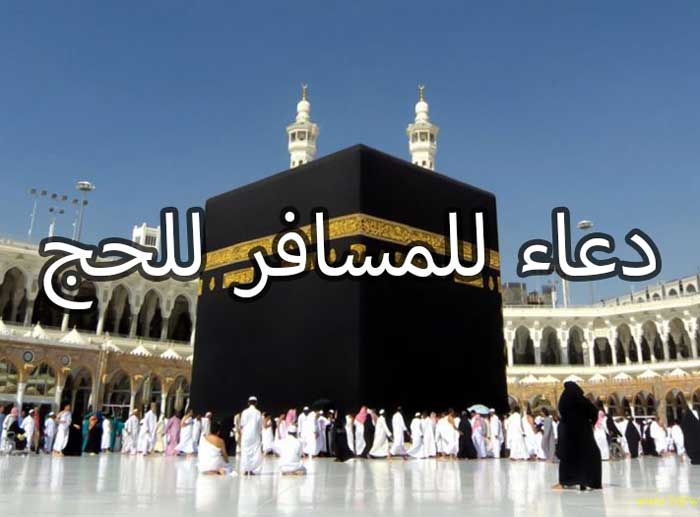The ruling on bringing Children to the Masjid
Question :
Some of the people come to the Masjid and they have their children with them who have not reached the age of discernment and they cannot pray properly. These children line up in the rows with those who are offering prayer and some of them fidget (or play frivolously) and disturb those who are around them. So, what is the ruling on this? And what is your advice to the parents of such children?
Answer:
I think that bringing children (to the Masjid) who will disturb those who are offering prayer is not permissible, because in that is a disturbance for the Muslims who are performing an obligation from the obligations of Allâh. The Prophet heard some of his Companions praying and reciting aloud, so he said:
"You all should not raise your voices over each other in recitation."
In another Hadith he said:
"You all should not harm (or bother) one another."
Thus, everything that contains something that bothers those who are offering prayer, is not permissible for the person to do it.
Hence, my advice to the parents of such children is that they do not bring them to the Masjid and that they seek guidance in that which the Prophet directed to when he said:
"Command your children to pray when they are seven and beat
them about (not offering) it when they are ten."
Likewise, I also direct advice to the people of the Masjid to open their hearts to the children whose coming to (i.e., presence in) the Masjid is legislated (in the Shari'ah). They should not make things difficult on them or remove them from their places (in the prayer lines) that they came to first. For verily, whoever is the first to come to something, he has the most right to it, regardless of whether he is a child or an adult. Hence, moving the children away from their places in the row contains: (1) Disregard of their right, because whoever comes to something first that no one of the Muslims has beaten him to - then he has the most right to it. (2) It discourages them from attending the Masjids. (3) It contains the possibility of the child carrying hatred and dislike for the person who removed him from the place that he came to first. (4) It leads to the children being gathered together (in the row) and they end up playing and causing disturbance to the people of the Masjid that would not have occurred if the children were between the adult men.
In reference to what some of the people of knowledge have mentioned regarding the child being removed from his place so that the child is made to stand at the end of the row or in the last row in the Masjid, using as a proof the Prophet's statement:
"Let those of understanding and intelligence be near to me (in the prayer)."
This opinion is not correct and in opposition to the Prophet's statement:
"Whoever comes first to what no one else has beaten him to, then he has the most right to it."
Also, their using as evidence, the Prophet's statement:
"Let those of understanding and intelligence be near to me (in the prayer)
This is not complete (in the way they use it), because the meaning of the Hadith is to encourage those of intellect and understanding to come forward so that they may be near the Prophet. This is because they are closer to correct understanding than the younger people, and more proficient in understanding what they saw from the Prophet or what they heard. The Prophet did not say, "No one but those of understanding and intellect should be near me (in prayer)." If the Prophet had said, "No one but those of understanding and intellect should be near me (in prayer)," then the opinion of removing the children from their places in the front rows would be acceptable. However, the manner in which this Hadith has been worded is merely his command to those of understanding and intellect to come forward so that they may be near the Messenger of Allâh.
Source:
Ash-Shaykh Ibn 'Uthaimin
Fatawa Islamiyah, Vol. 3 Pages 26-27-28-29
 أرسلها على تطبيق الواتساب
أرسلها على تطبيق الواتساب 